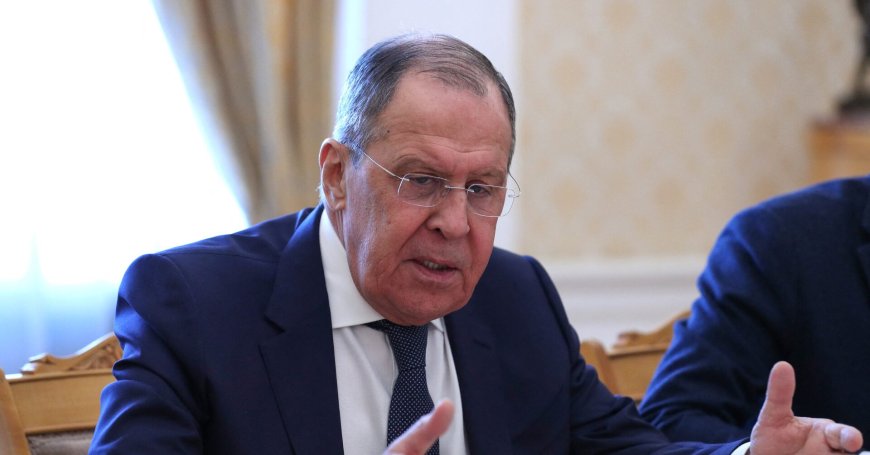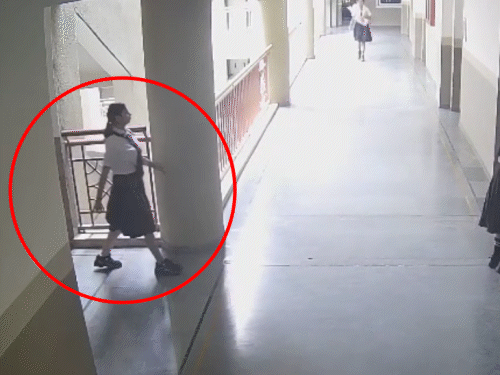No Putin-Zelenskyy Summit: Lavrov’s Comments and What It Means for U.S. Aid
Russian Foreign Minister Sergey Lavrov has ruled out a Putin-Zelenskyy summit. What this means for U.S. aid to Ukraine, ongoing diplomacy, and Washington’s next steps.

Russian Foreign Minister Sergey Lavrov has ruled out the possibility of a direct summit between President Vladimir Putin and Ukrainian President Volodymyr Zelenskyy. The remarks, made during a press conference in Moscow this week, carry major implications for the trajectory of the war in Ukraine and the debate in Washington over sustained U.S. military and financial assistance.
Lavrov’s statement comes at a time when global attention has shifted toward whether diplomatic negotiations could offer a path to ending the conflict. Yet, his rejection underscores the Kremlin’s long-standing position: that Ukraine’s leadership lacks the independence to negotiate without Western influence. For the Biden administration and U.S. lawmakers, this makes the question of aid to Kyiv even more urgent.
Lavrov’s Message and Its Timing
Lavrov’s comments were not casual. They arrived as U.S. defense officials prepared their latest briefing to Congress on weapons deliveries, including advanced missile systems and expanded drone capabilities. His statement appeared aimed at signaling both resolve to Russia’s domestic audience and frustration at continued Western support for Ukraine.
Moscow has consistently argued that Kyiv is a proxy of Washington and NATO, a narrative that frames any negotiation as futile unless conducted directly with the West. By explicitly shutting the door on a Putin-Zelenskyy meeting, Lavrov reinforced the message that Moscow does not view Ukraine as a sovereign negotiating partner in the traditional sense.
Implications for U.S. Aid to Ukraine
For Washington, Lavrov’s statement complicates already tense congressional debates about long-term aid packages. Several lawmakers, particularly in the House, have questioned the sustainability of billions in ongoing U.S. support without clear signs of a negotiated settlement.
Military strategists argue that Lavrov’s rejection is precisely why U.S. aid remains crucial. Without support, Ukraine risks losing ground in contested areas, particularly in the east. Analysts note that this makes any potential ceasefire negotiations even less favorable for Kyiv.
At the same time, foreign policy experts stress that Lavrov’s words could fuel skepticism in U.S. domestic politics. If Russia signals an unwillingness to negotiate, critics may argue that continued aid only prolongs a stalemate.
Timeline of Diplomatic Exchanges
To better understand the trajectory, a chronological breakdown of U.S., Russian, and Ukrainian diplomatic interactions reveals how talks have evolved:
-
February 2022 – Russia launches its full-scale invasion of Ukraine. Initial mediation attempts by Turkey and Israel fail.
-
March–April 2022 – Early peace talks in Istanbul collapse after reports of atrocities in Bucha.
-
Summer 2022 – U.S. declassifies documents showing Russia’s rejection of multiple backchannel overtures.
-
Late 2023 – Chinese and African-led proposals surface but gain little traction.
-
Early 2024 – U.S. intelligence releases internal memos highlighting Moscow’s precondition: recognition of annexed Ukrainian territories.
-
August 2025 – Lavrov publicly rules out any Putin-Zelenskyy summit, citing “Western interference.”
This timeline, sourced from declassified U.S. documents and international mediation reports, demonstrates the widening gap between rhetoric and action.
The Road Ahead: U.S. Strategy and Global Stakes
With peace talks sidelined, Washington faces a crucial decision: continue large-scale support to Kyiv or recalibrate its approach toward sanctions, diplomacy, and military aid.
Pentagon officials insist that Ukraine’s resilience is directly tied to U.S. assistance, while State Department voices emphasize that Moscow’s refusal to engage diplomatically highlights the stakes of cutting aid. Meanwhile, European allies—especially Poland and the Baltic states—warn that any weakening of U.S. support would embolden Russia.
For now, Lavrov’s comments may not change the course of the war on the ground, but they sharpen the political debate in Washington. As one U.S. diplomat put it, “The question is not whether aid matters—it’s whether America is prepared to outlast Moscow’s refusal to negotiate.”
Conclusion
The absence of a Putin-Zelenskyy summit signals more than a diplomatic deadlock—it reflects the broader geopolitical contest between Russia and the West. For the U.S., this means a renewed reckoning with how much aid it is willing to provide and for how long. While the war continues, Lavrov’s words serve as a stark reminder: peace is not on the horizon without significant shifts in power, policy, or political will.
What's Your Reaction?
 Like
0
Like
0
 Dislike
0
Dislike
0
 Love
0
Love
0
 Funny
0
Funny
0
 Angry
0
Angry
0
 Sad
0
Sad
0
 Wow
0
Wow
0







































































